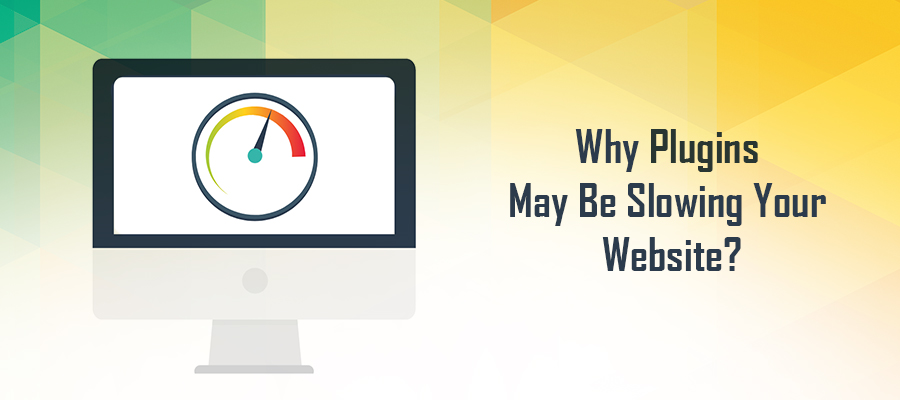 While the topic of plugins and website performance are primarily related to those who operate a WordPress website, this conversation is worth having for anyone looking to boost their overall website performance.
While the topic of plugins and website performance are primarily related to those who operate a WordPress website, this conversation is worth having for anyone looking to boost their overall website performance.
Although you may not experience the potential speed degradation of WordPress plugins if you’re operating a different framework, the fundamental principle of this topic is universal. For example, have you added a significant number of social sharing buttons only to find your website performance diminish?
When it comes to cultivating the fastest website possible, you may have to look beyond the obvious and into the hidden world of how specific website elements interact with the end-user. You may be surprised at what is actually slowing your platform, and potentially costing you untold sales or viewers.
How Plugins Operate – Fundamental Understanding
In order to understand how a plugin could disrupt the speed and performance of your website, then it’s important to learn exactly how these “essential” components fit into the grand scheme.
Essentially, a plugin interacts with either the front-end or back-end of your website. This translates into a plugin engages with the visual elements of your site that end-users see, or interacts with elements of your site that run in the background.
While the purpose of a plugin may be to assist you, the webmaster, or your viewers, the danger is in how the plugin interacts with your entire website. The negative potential of a plugin, of any variety, boils down to two categories:
- Database Queries
- HTTP Requests
While not every plugin requires HTTP Requests to operate as they work by using CSS or JavaScript files, all plugins do add to the total number of HTTP Requests. For example, if your plugin operates via JavaScript, an HTTP Request is required to retrieve and render the JS file.
The issue is a fundamental fact of how end-user web browsers interact with a website. In essence, the more HTTP Requests your site requires, the slower it will be. Even though you may think the plugin is lightweight and non-demanding, the fact that it requires an additional request renders this plugin harmful to overall performance.
Although the majority of smaller websites won’t see a huge decrease in website performance, the issues become more apparent for those operating large-scale enterprises. Even if your website is small, make sure to use plugins sparingly and only when necessary. Otherwise, you could end up a victim of a performance-sucking plugin regardless of the overall size of your site.
What about database queries? While not true for every plugin, a significant number of these “helpful” tools require communication with your database to operate. Every time a query is sent to your database, your website performance is strained. While it’s important to note that the majority of professional plugins are coded to keep database queries from having any impact on overall website performance and sever load, not all are designed with such care.
Ultimately, the debate of whether plugins are detrimental or helpful really depends on your unique use of these tools. Always do your homework when it comes to adding a plugin, and if you find that the plugin isn’t coded with optimization, then it’s best to simply leave it off your site.


